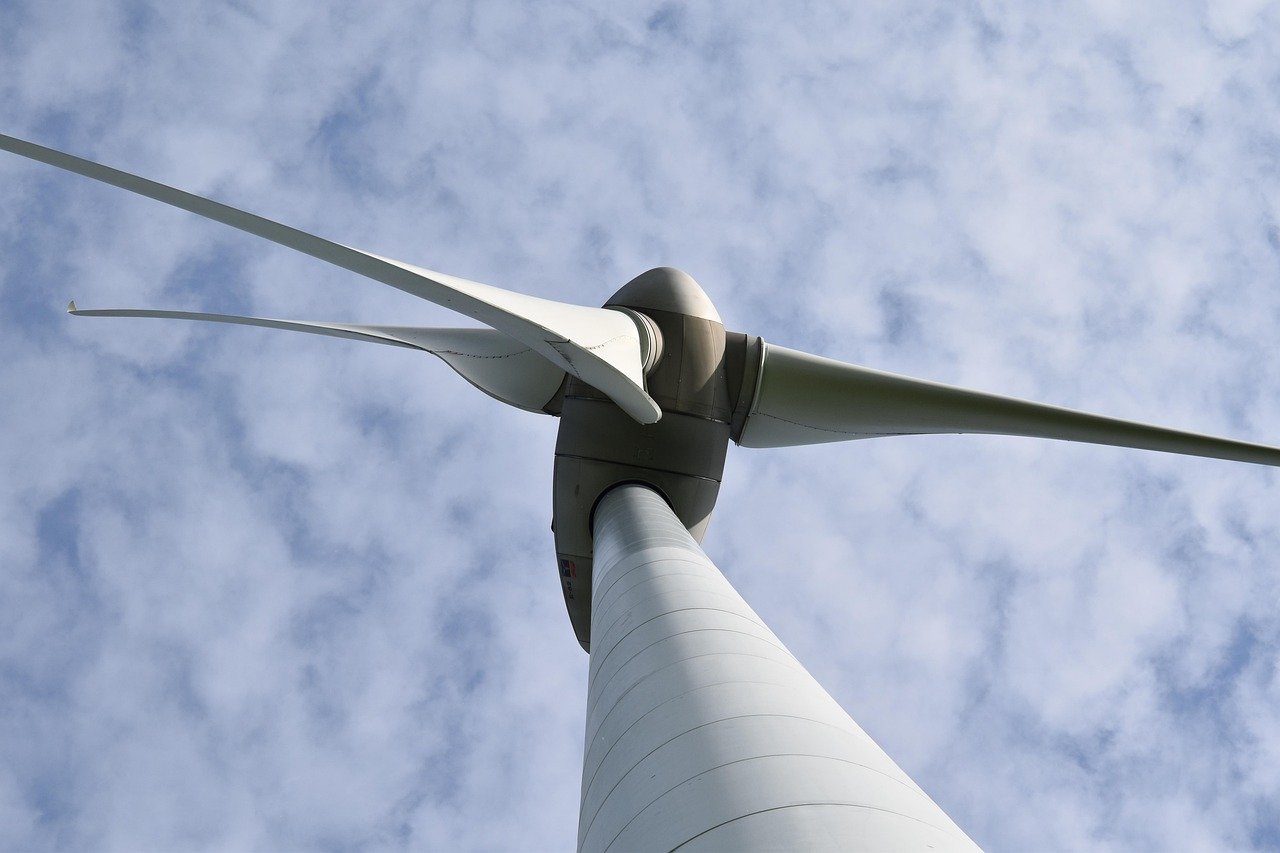Last updated: 23 July 2025
ENTRY INTO FORCE OF THE COMMISSION IMPLEMENTING REGULATION (EU) 2025/1176: A MAJOR NORMATIVE SHIFT FOR RENEWABLE ENERGY OPERATORS
On 8 July 2025, entered into force the Commission Implementing Regulation (EU) 2025/1176 of 23 May 2025, specifying the pre-qualification and award criteria for auctions for the deployment of energy from renewable sources. This implementing act aims to clarify the criteria set out in Article 26 of the Regulation (EU) 2024/1735, which establishes a framework of measures to strengthen the European “net-zero” technology manufacturing ecosystem. These criteria concern, in particular, pre-qualification and award mechanisms in auctions for deploying such technologies, in order to ensure transparency, administrative efficiency, and fair market access for sector operators.
Obligations for authorities and bidders
The Regulation imposes on the competent authorities the obligation to define mandatory pre-qualification and award criteria that must be objectively verifiable, non-discriminatory, and appropriately published in advance. These criteria include, among others:
- Responsible business conduct: Bidders must go public on their responsible business conduct via a public statement, or a report in accordance with Commission Delegated Regulation (EU) 2023/2772, or by using sustainability reporting standards for voluntary use recommended at Union level, in case they submit a bid for projects exceeding 10 MW capacity.
- Cybersecurity and data security: Bidders must comply with a set of pre-qualification criteria, including:
- Implementation of technical measures and a cybersecurity plan reflecting “security-by-default” principles (in line with the security of networks and information systems);
- Selection of secure suppliers who comply with cybersecurity requirements, and application of additional measures if those suppliers are deemed high-risk;
- Local operational control: The operational management and the installation must be carried out by an operator established in the European Economic Area.
- Technical and financial capacity: Bidders must demonstrate that they have the capacity to implement and complete the project as specified. Pre-qualification criteria shall be modulated depending on the project costs, the projects risks, project capacity, the maturity of the technology, the degree of innovation required, and other relevant market conditions.
- Environmental sustainability: Authorities may choose to asses the sustainability of projects using various criteria that must become part of the selection process. Depending on the criteria selected, authorities should require from bidders, among others:
- Carbon footprint criterion: Bidders shall be required to measure and report the carbon footprint of the project or of its components using recognized life-cycle assessment methods (from raw material extraction, production, and transport, to installation, operation, maintenance, and decommissioning);
- Circular economy criterion: Projects must contribute substantially to key environmental factors such as product recyclability, ease of repair and maintenance or ease of upgrading, reuse, or remanufacturing and refurbishment of products (including critical reused raw materials);
- Water use and water pollution prevention criterion: Projects must ensure monitoring and mitigation of water resource use and water pollution;
- “Innovation” criterion: Auctions may favour purely innovative projects focused on promoting new technologies, or integrating innovative practices into technologies and solutions already available on the market;
- Energy system integration: Projects must demonstrate the capacity to integrate into the existing energy system, based on criteria such as temporal flexibility (the ability to balance production and consumption through storage or combined technologies), siting and interaction between energy carriers (the possibility of conversion between distinct forms of energy).
Measures to reduce dependence on third countries for "net-zero" technologies
When a third country supplies more than 50% of final products based on net-zero technologies (at least 9 months before the publication of the tender, as assessed by the Commission), or if the supply within the UE of the net-zero technologies final products originating in the respective third country has increased by 10% on average for two consecutive years and reaches at least 40% of the supply within the Union, the relevant authorities shall apply strict criteria to determine the eligibility of such products in auctions.
To ensure EU resilience, finite products must not be assembled in the third country, and a significant share of their components must not originate from that country.
Examples of targeted technologies:
- Photovoltaics: Finite products must not be assembled in the third country, and at least four main components, as well as inverters and PV cells, must not originate from that third country. PV modules also must not be assembled there.
- Onshore and offshore wind technologies: Finite products must not originate from the third country. A maximum of three main specific components (onshore) or four (offshore) may originate there. Direct drive or gearbox-based drivetrains (including generators) must not originate from that third country.
- Electrolysers: Finite products must not originate from that third country, and no more than two main components may originate there.
- Heat pumps technologies: Finite products must not originate in that third country, and no more than one main specific component originates in that third country.
Penalties for non-compliance
Failure to meet formal requirements or providing inaccurate, incomplete, or false information exposes the economic operator (bidder) to various penalties, including:
- Reductions or withdrawal of support;
- Exclusion from participating in future auction tenders;
- Potential financial penalties in line with national legislation.
